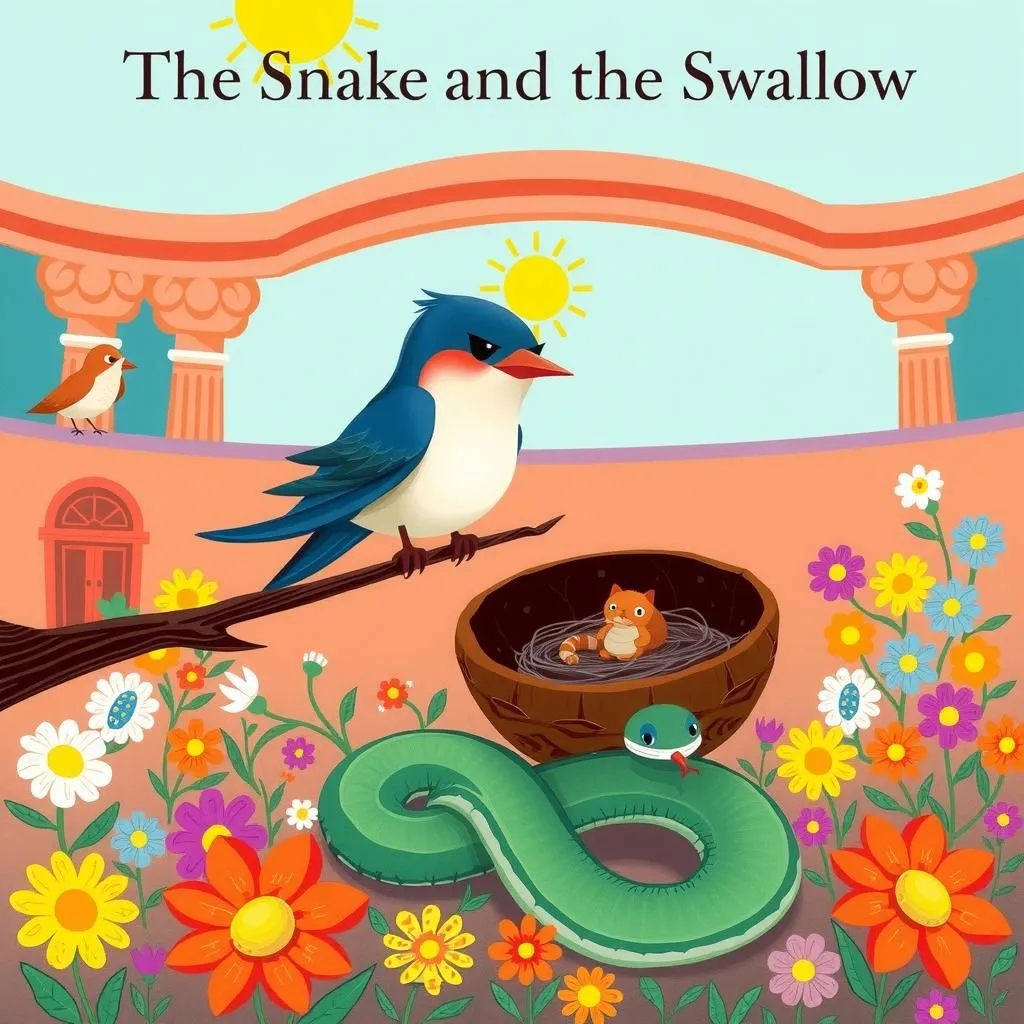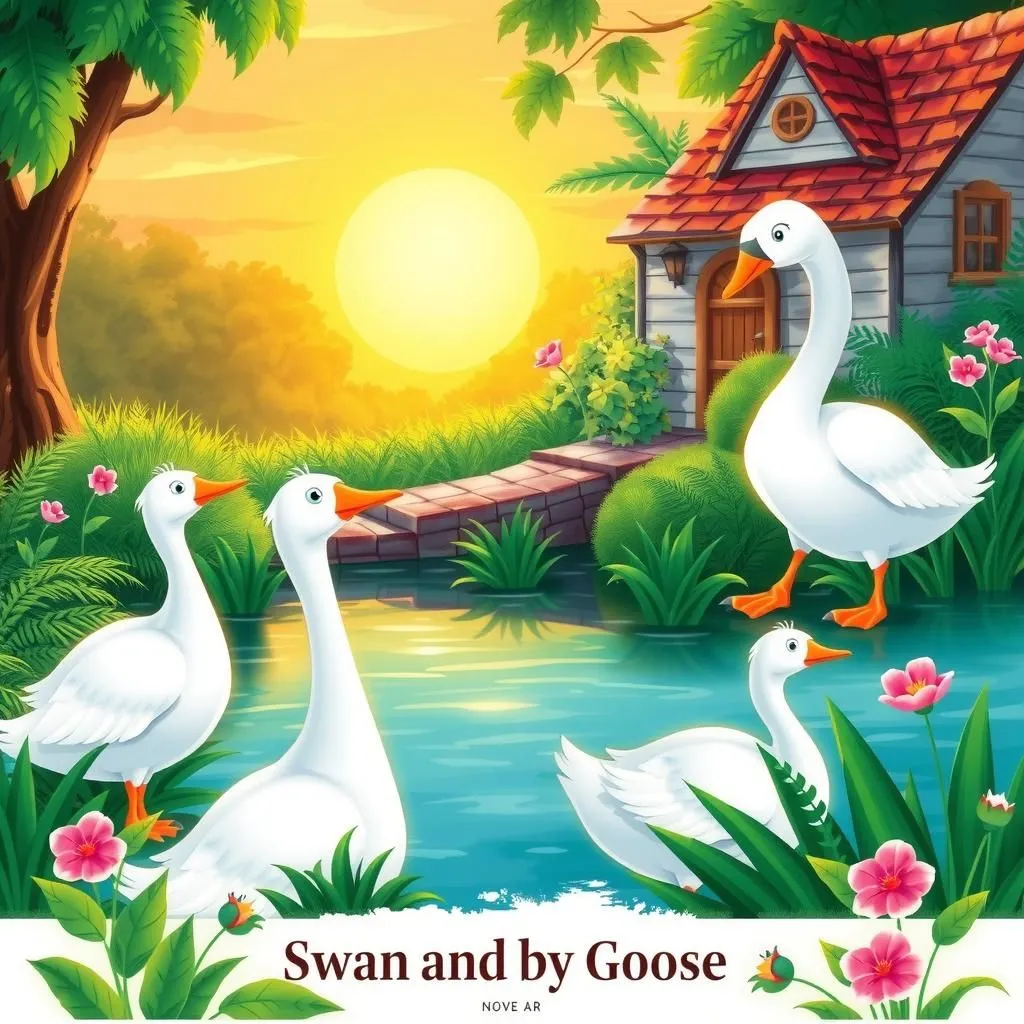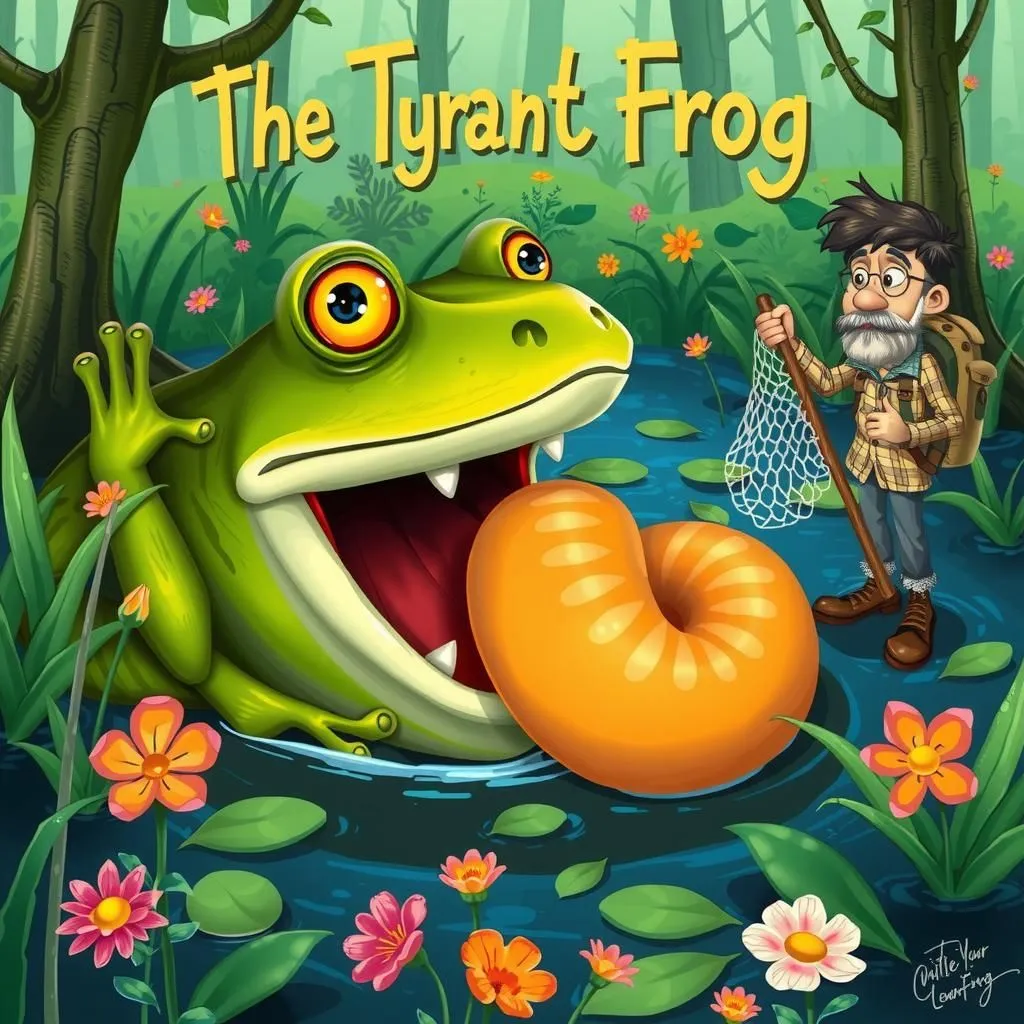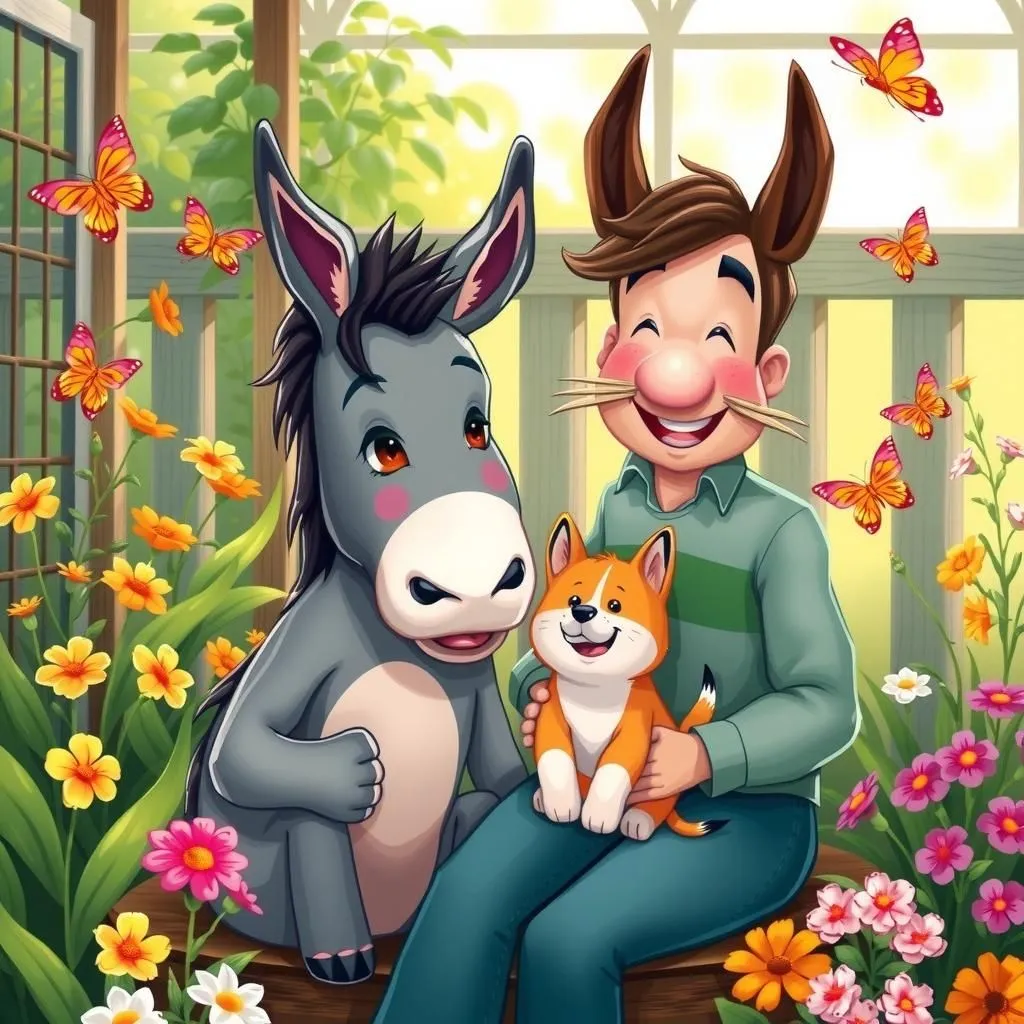
The Snake and the Swallow
In "The Snake and the Swallow," an inspirational story with moral lessons, a swallow raises her young in a court of justice, only to face the threat of a snake eager to eat them. The Just Judge intervenes, ordering the snake to take the chicks to his own home, but ultimately consumes them himself. This childhood story with moral highlights the dangers of misplaced trust and the lessons learned from stories about justice and betrayal.


